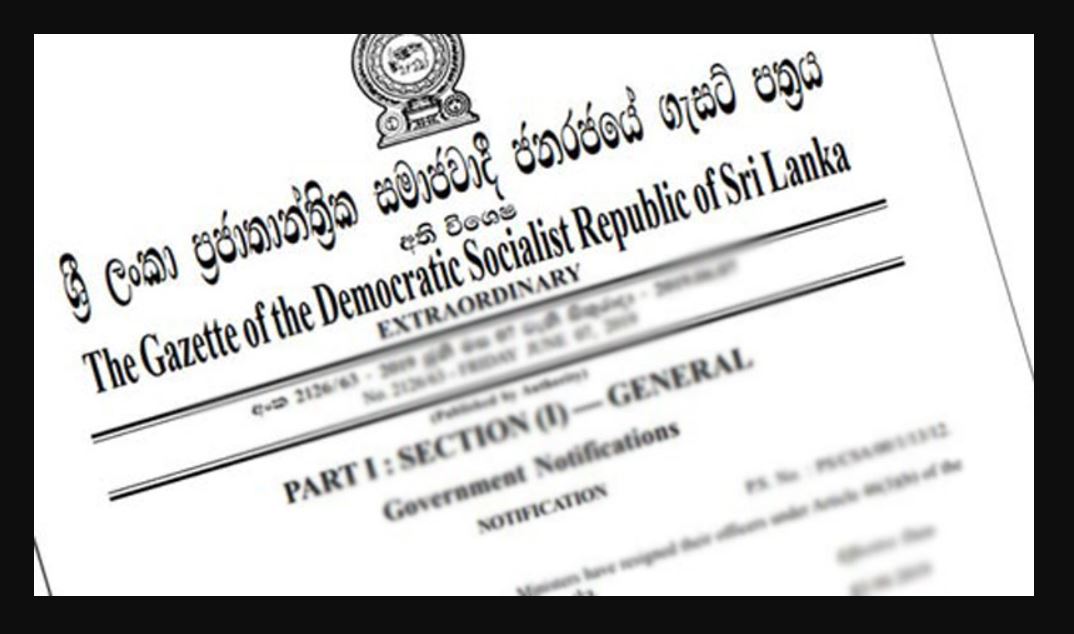The Online Safety Act has been published in the government gazette, bringing it into effect as the Online Safety Act, No. 9 of 2024.
Accordingly, the Act will provide for the establishment of the Online Safety Commission, safety from prohibited statements made online and prevention of the use of online accounts and inauthentic online accounts for prohibited purposes.
It is also expected to make provisions to identify and declare online locations used for prohibited purposes in Sri Lanka and suppress the financing and other support of communication of prohibited statements and for matters connected therewith or incidental thereto.
The legislation which seeks to regulate online content was passed in Parliament, with amendments on 24 January, amidst objections from opposition politicians and activists who allege the new law will muzzle free speech.
Speaker of Parliament Mahinda Yapa Abeywardena endorsed the Online Safety Bill on February 01, despite the calls urging him not to sign it without verifying whether the Supreme Court’s directives are fully adhered to.
The controversial Bill garnered not only the attention of local activists and organisations, but also that of diplomats and large international organisations, claiming that the Bill had numerous problematic aspects.
A total of 45 petitions had been put forward by Cardinal Malcolm Ranjith, Samagi Jana Balawegaya (SJB), National People’s Power (NPP), journalist Tharindu Uduwaragedara and many other parties, alleging that the relevant bill violates the fundamental rights of freedom of speech and expression guaranteed by the Constitution.
Later, the Supreme Court concluded the deliberation of petitions and communicated its determination on the constitutionality of the Bill and its provisions to President Ranil Wickremesinghe and Speaker of Parliament.
Supreme Court had emphasized that pursuant to Article 84(2) of the Constitution, Clauses 3, 5, 7, 9, 11,12, 13, 14, 15, 16, 17, 18, 19, 20, 21, 22, 23, 25, 26, 27, 28, 29, 30, 31, 32, 36, 37, 42, 45, 53, and 56 should be passed by a special majority in the parliament. However, if these clauses are amended during the Committee Stage, the Online Safety Bill can be passed by a simple majority in the parliament, the determination read further.
